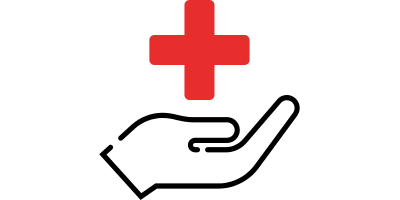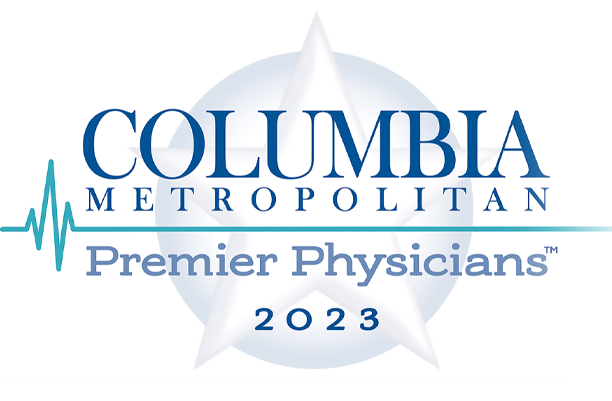What is primary care? Part 2
What kind of patients do doctors like to see?
All kinds! As a doctor, I enjoy caring for everyone, young and old, sick and well!
I don’t mind when patients come in with questions based on things they’ve read/seen online so we can sort through what info is based on good medical evidence and what is not. In fact, I enjoy patients who are engaged in their care and ask questions.
I enjoy seeing patients for all kinds of visits as well – mental health, physicals, GYN concerns, coughs/colds, etc.
I also feel that patients who are honest with me get the most out of their visits. You can tell me anything! If you are struggling with substance use or use illegal drugs, it’s ok to let me know this. Don’t worry; HIPAA laws protect your privacy and medical information. Knowing as much as I can about your habits helps me formulate a safe plan for your health.
Is a General Physician (GP) the same as a Family Physician (FP)?
No. A general physician (GP) is not the same as a family physician (FP). After medical school, a person earns the degree of Doctor of Medicine (MD) or Doctor of Osteopathic Medicine (DO). Most doctors then get additional training in the specialty of their choice. It may surprise you to learn that family medicine is actually a specialty! The term GP was used more frequently in the past and according to this study, historically signifies a physician who completed some residency training after medical school, but did not fully complete the residency training. Therefore, these doctors are not eligible to become board-certified in any of the specialties recognized by the AMA’s American Board of Medical Specialties (ABMS). A physician also may consider themselves a GP if they began practicing before Family Medicine became a specialty (in 1969). There are no laws about how physicians label themselves in their practice though. For transparency purposes, I completed a Family Medicine Residency training program and became board-certified by the American Board of Family Medicine (ABFM). I have kept up my board certification since then.

Why Do I Need a Primary Care Physician?
Can’t I just go to urgent care when I’m sick?
I cannot tell you the number of times that I have seen a patient and discovered additional diagnoses after they had been to urgent care. Urgent care offices are valuable, but it is difficult for an urgent care doctor to take into account your entire health history. A primary care doctor knows your entire health history, so we may see your illness/problem in a different light. The role of an urgent care offices is to help you through an urgent issue; it does not play a role in helping you stay healthy. No matter your age, it’s often a relief to have a doctor in your corner when health concerns pop up. There are lab tests, imaging studies, vaccines, and screening questions for people in different age groups, as well as for folks with certain lifestyle habits. A primary care doctor’s goal is to help you prevent illness, not just treat you when you are sick.
Melissa Boylan MD, FAAFP
Family Physician and Owner of Noreta Family Medicine
NoretaFamilyMed.com

